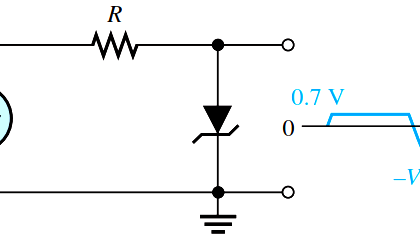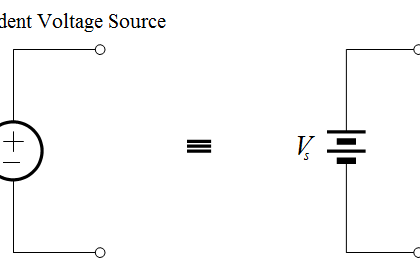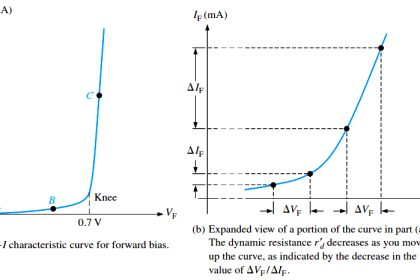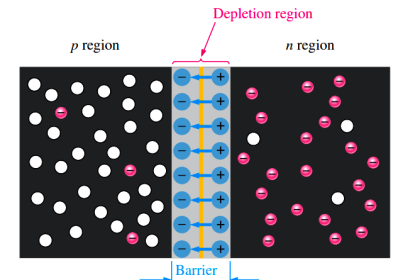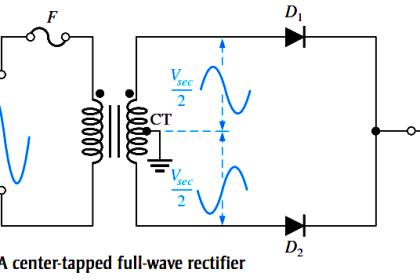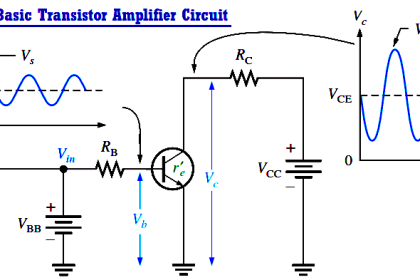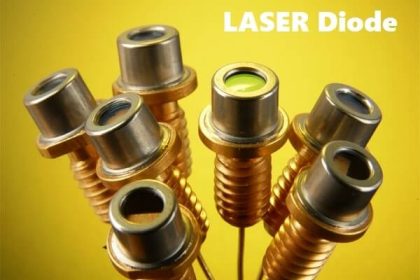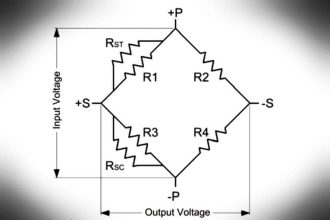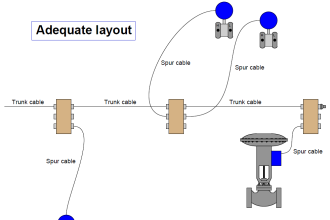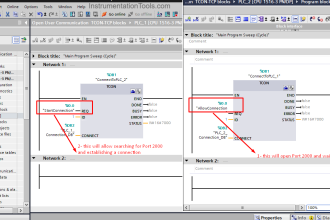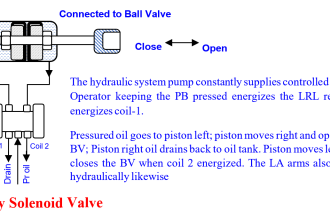As we all know, both Silicon and Germanium are semiconductor devices. But the present trend is to use Silicon instead of Germanium. What may be the reasons?
Although both silicon and germanium are used in semiconductor devices, the present day trend is to use silicon. The main reasons for this are :
(i) Smaller ICBO. At room temperature, a silicon crystal has fewer free electrons than a germanium crystal. This implies that silicon will have much smaller collector cut off current (ICBO) than that of germanium. In general, with germanium, ICBO is 10 to 100 times greater than with silicon. The typical values of ICBO at 25°C (the figures most often used for normal temperature) for small signal transistors are:
Silicon : 0.01 µA to 1µA Germanium : 2 to 15 µA
(ii) Smaller variation of ICBO with temperature. The variation of ICBO with temperature is less in silicon as compared to germanium. A rough rule of thumb for germanium is that ICBO approximately doubles with each 8 to 10°C rise while in case of silicon, it approximately doubles with each 12°C rise.
(iii) Greater working temperature. The structure of germanium will be destroyed at a temperature of approximately 100°C. The maximum normal working temperature of germanium is 70°C but silicon can be operated upto 150°C. Therefore, silicon devices are not easily damaged by excess heat.
(iv) Higher PIVrating. The PIV ratings of silicon diodes are greater than those of germanium diodes. For example, the PIV ratings of silicon diodes are in the neighbourhood of 1000V whereas the PIV ratings of germanium diodes are close to 400V.
The disadvantage of silicon as compared to germanium is that potential barrier of silicon diode (0.7V) is more than that of germanium diode (0.5V). This means that higher bias voltage is required to cause current flow in a silicon diode circuit. This drawback of silicon goes to the background in view of the other advantages of silicon mentioned above. Consequently, the modern trend is to use silicon in semiconductor devices.
![]()
Summary:
- At room temperature, Silicon crystal has fewer free electrons than Germanium crystal. This implies that silicon will have much smaller Collector cut off current than Germanium.
- The variation of Collector cut off current with temperature is less in Silicon compared to Germanium.
- The structure of Germanium crystals will be destroyed at higher temperature. However, Silicon crystals are not easily damaged by excess heat.
- Peak Inverse Voltage ratings of Silicon diodes are greater than Germanium diodes.
- Si is less expensive due to the greater abundance of element. The major raw material for Si wafer fabrication is sand and there is lots of sand available in nature.
But there is a disadvantage for Silicon over Germanium.
The potential Barrier of Silicon is more compared to Germanium.
But if we consider the advantages listed above, we can conclude that Silicon is the best element for the Semiconductor Devices and Applications.
However, the first transistor was made of germanium (Ge). 🙂
